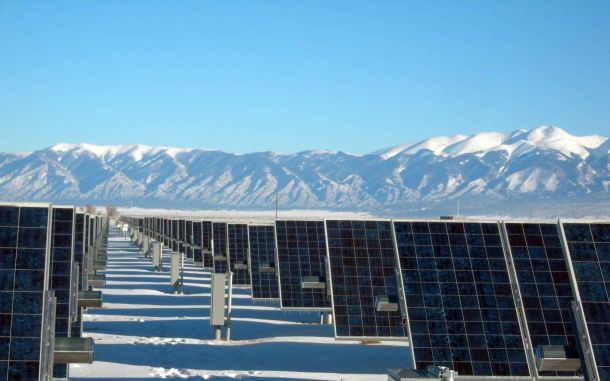Petroleum
One of the main benefits of petroleum is its versatility. It can be refined into a variety of products, including gasoline, diesel fuel, jet fuel, and lubricants. This makes it a crucial resource for the transportation sector, which is heavily reliant on liquid fuels. Additionally, petroleum is used in the production of plastics, synthetic fibers, and other materials, making it a key input for many industries.
Another advantage of petroleum is its abundance. The United States is the world’s largest producer of petroleum, with production reaching record levels in recent years thanks to advances in drilling technology. This domestic production has helped to reduce the country’s dependence on foreign oil, enhancing its energy security and reducing its vulnerability to price shocks in the global oil market.
Despite its benefits, petroleum also presents challenges, particularly in terms of its environmental impact. The extraction, transportation, and combustion of petroleum can contribute to air and water pollution, as well as greenhouse gas emissions that contribute to climate change. In addition, oil spills and other accidents can cause significant harm to ecosystems and human health.
To effectively utilize petroleum while minimizing its environmental impact, the United States has implemented a range of policies and initiatives. These include regulations on emissions from vehicles and industrial facilities, incentives for the development of alternative fuels and energy sources, and research into new technologies for reducing greenhouse gas emissions from petroleum production and use.
One promising area of research is carbon capture, utilization, and storage (CCUS). CCUS technologies can capture carbon dioxide emissions from petroleum production and use, and store them underground or use them for other purposes such as enhanced oil recovery. The United States has launched several initiatives to support CCUS research and development, including the Carbon Capture, Utilization, and Storage Initiative and the Advanced Research Projects Agency-Energy (ARPA-E).
Conclusion
Petroleum is a crucial resource for the United States and the world, providing energy and materials for a wide range of applications. While it presents environmental challenges, the United States has implemented policies and initiatives to minimize its impact and develop new technologies for reducing emissions. By effectively utilizing petroleum and investing in sustainable energy solutions, the United States can continue to meet its energy needs while protecting the environment and enhancing its energy security.
Sources:
- U.S. Energy Information Administration. “Petroleum & Other Liquids.” https://www.eia.gov/petroleum/
- National Renewable Energy Laboratory. “Petroleum Refining and Petrochemicals.” https://www.nrel.gov/workingwithus/technologies/petroleum-refining.html
- U.S. Environmental Protection Agency. “Transportation and Climate.” https://www.epa.gov/transportation-air-pollution-and-climate-change
- Advanced Research Projects Agency-Energy. “ARPA-E’s Portfolio.” https://arpa-e.energy.gov/?q=arpa-e-programs
- U.S. Department of Energy. “Carbon Capture, Utilization, and Storage.” https://www.energy.gov/fe/carbon-capture-utilization-and-storage

